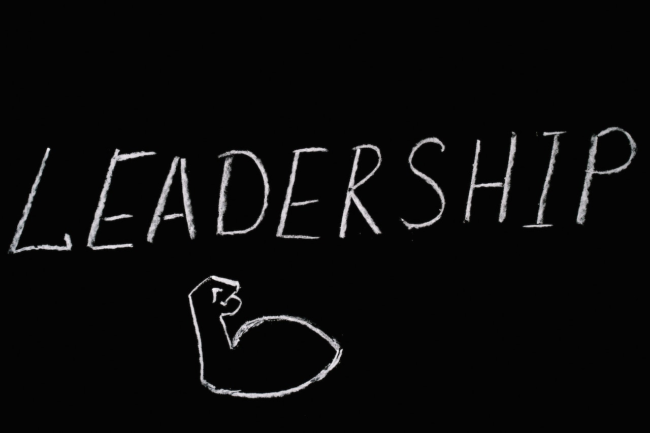Leave The Baggage In 2022
“Let go of your baggage and become God’s luggage.” – Elder Marcus J. Butler
Grudges, to start with, are identity-related pieces of baggage. This identity has some kind of strength and rightness, despite how much we dislike it. We have a characteristic that characterizes our rage, giving it substance and meaning. We have a clear definition and a valid complaint. We must be willing to let go of our identity as the victims of unfair treatment, as well as any support or potential empathy and understanding that comes with that identity if we are to be able to let go of our feelings of resentment. The sense of being the victim must be willingly let go of as we enter a new self.
In actuality, holding grudges and the identities that go along with them are attempts to obtain the consolation and sympathy we did not previously receive, as well as empathy for what occurred to us. We declare that, as those who were victimized, we merit extra consideration and special treatment. Our anger is a scream for attention and special treatment in light of what we may have been through.

Photo source: Anna Bondarenko
Apart from the fact that they are unpleasant to carry about, grudges are problematic since they do not help either party learn from past mistakes or strengthen relationships. They do not alleviate our suffering or fix our wounds. In the end, we find ourselves proud owners of grudges but still lacking the comforting feeling that we eventually yearn for and have yearned for ever since the initial injury. We materialize our resentment and hold it out at arm’s length as evidence of our pain, a badge of honor, and a way to serve as a constant reminder to ourselves and others of our pain. Unfortunately, in their attempt to elicit empathy, grudges wind up robbing us of the same empathy we need to let go of.
To overcome a grudge, we must first forgive the other person and learn to love ourselves. What eventually cures the pain and causes the grudge to melt is to bring our loving presence to the pain that crystallized into the grudge, the anguish that was caused by this person. We can move into the pain of a grudge with the assistance of a trusted person or offer a loving presence to our wound, but from a safe place inside, if it feels too overwhelming to do so. Instead of plunging back into the initial trauma, the goal is to attend to it with the compassion we did not receive and bring it right into the eye of the storm. Our hearts hold both the pain and the remedy for the pain itself.
We need to turn our attention away from the people who mistreat us, away from the tale of the pain, and toward the felt experience of what we experienced to let go of the baggage of grudges. We discover the calming kindness and compassion that the grudges crave when we redirect our attention.

Photo source: Erik Mclean
Furthermore, no matter how strongly we believe it, we must accept responsibility for our pain and realize that it is important. This cannot be done by holding grudges. As our presence makes amends for the wrong, we can let go of the identity of the person who was mistreated as it longer becomes useful to us. This identity frequently disappears on its own without our knowledge or the need for resentment. The fact that we are in our hearts’ company, just where we need to be, becomes obvious. As we journey through the new year, let us however leave the baggage in 2022.





















